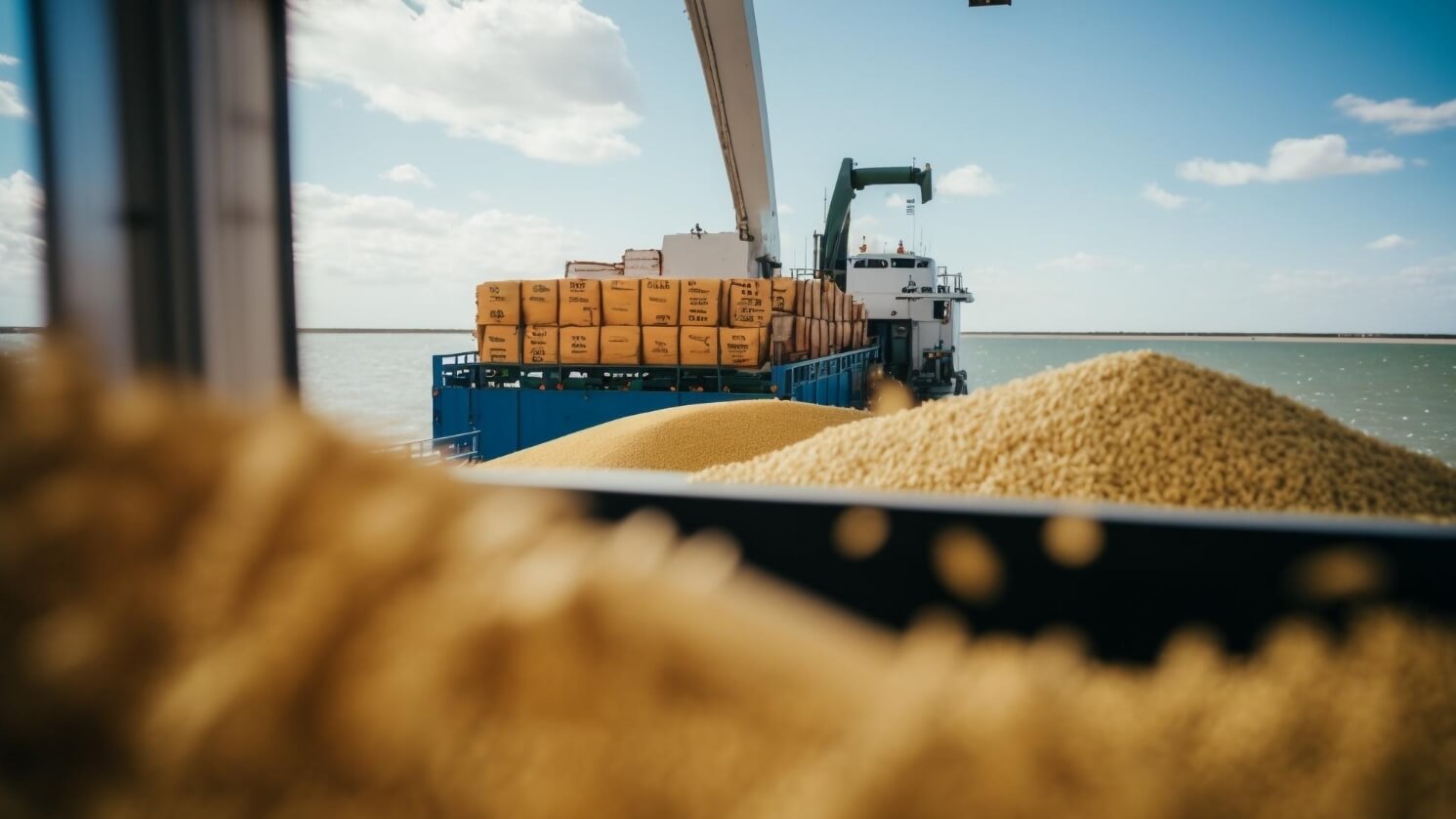Latvia's growing import of Russian cereal sparks concern amidst proposed EU sanctions
Estimated reading time: 2 minutes
Latvia imported 333,225 tons of Russian cereal products in 2023, marking a 51.5% increase from 2022. The total value reached EUR 73.529 million, up by 11.4%.

Latvia's Growing Import of Russian Cereal Sparks Concern Amidst Proposed EU Sanctions
During the 11 months of the last year, Latvia imported 333,225 tons of cereal products from Russia, which is 51.5% more than in the same period of 2022.
The Latvian tax office reported this, as per Dnipro Today, citing Delfi.
Russian grain circulates in the EU
At the same time, the value of grain imported from Russia for the 11 months of 2023 amounted to EUR 73.529 million, which is 11.4% more than for the 11 months of 2022.
Compared to the same period in 2022, imports of corn increased by 68.4%, rye by 44.9%, wheat and wheat-rye mixtures by 19.6%, while imports of triticale decreased by 84.3%. There were no imports of barley in the 2022 trading period.
Goods that have undergone the import procedure or have been released for free circulation acquire the status of European Union goods and are in free circulation within the EU. They can be consumed in Latvia or transported to another EU Member State without having to go through customs procedures, including transit.
Transit of cereal products data also shows that during the 11 months of last year, 1.975 million tons of cereal products were transported from Russia through Latvia, which is 2.3 times more than in the same period of 2022 when 861,068 tons of cereals were transported through Latvia.
At the same time, the transit of barley and oats has increased significantly: if 49 tons of barley were transported in the 11 months of 2022, then in the 11 months of last year - 100,983 tons, and the volume of oat transit increased 16 times.
Sanctions on agricultural products of the Russian Federation
Regarding sanctions on agricultural products of the Russian Federation, at the beginning of this year, Latvian Transport Minister Kaspars Briskens announced that he planned to propose a ban on the import of Russian and Belarusian grain in the next package of EU sanctions against Russia.
It is worth noting that there has already been a proposal to introduce sanctions against Russian agricultural products. For example, in the summer of 2023, the Polish ambassador to the European Union proposed introducing a ban on the import of Russian agricultural products to EU countries. This information was provided by the Polish mass media.



